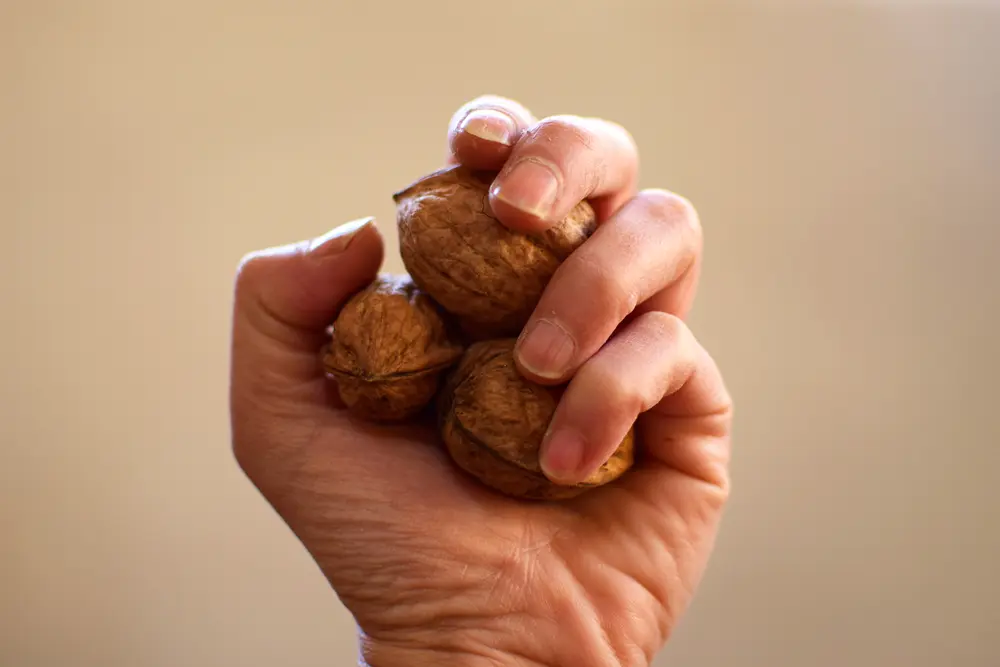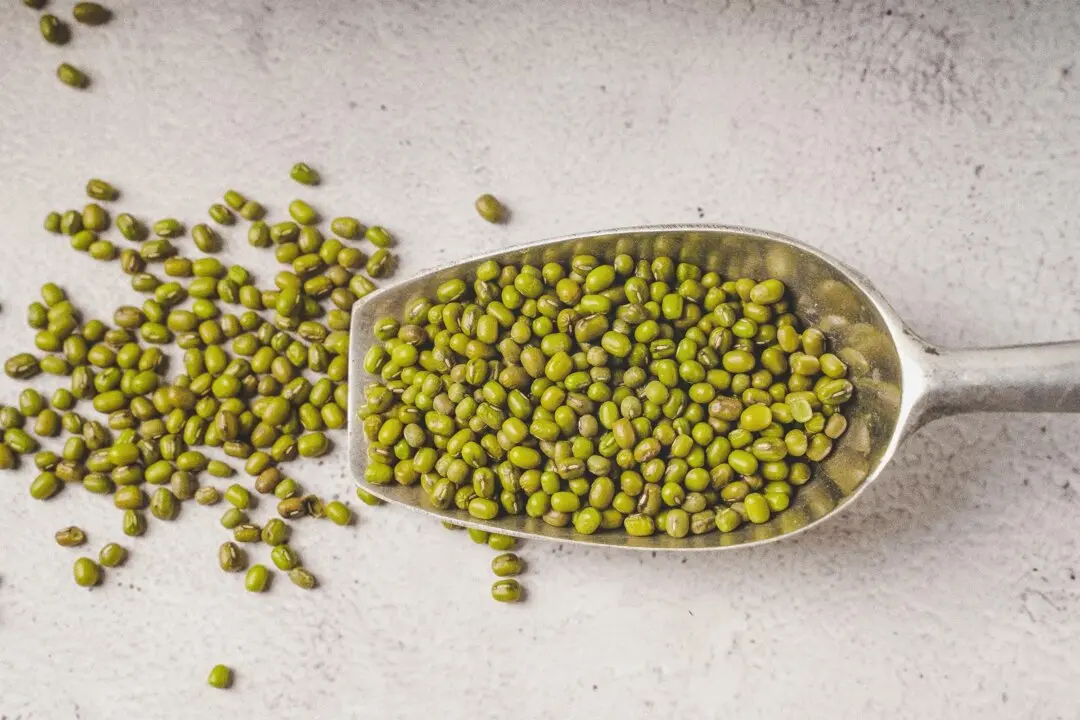Water is more than a thirst-quencher; it also helps the body flush out toxins and aids in weight management. Recent research has even suggested that staying hydrated may be a key factor in longevity and anti-aging. On the other hand, not drinking enough water can lead to elevated serum sodium levels, increasing the risk of chronic conditions such as stroke, heart failure, and cognitive impairment.
What type of water is best for our health, and how can we ensure optimal hydration in our daily lives?






